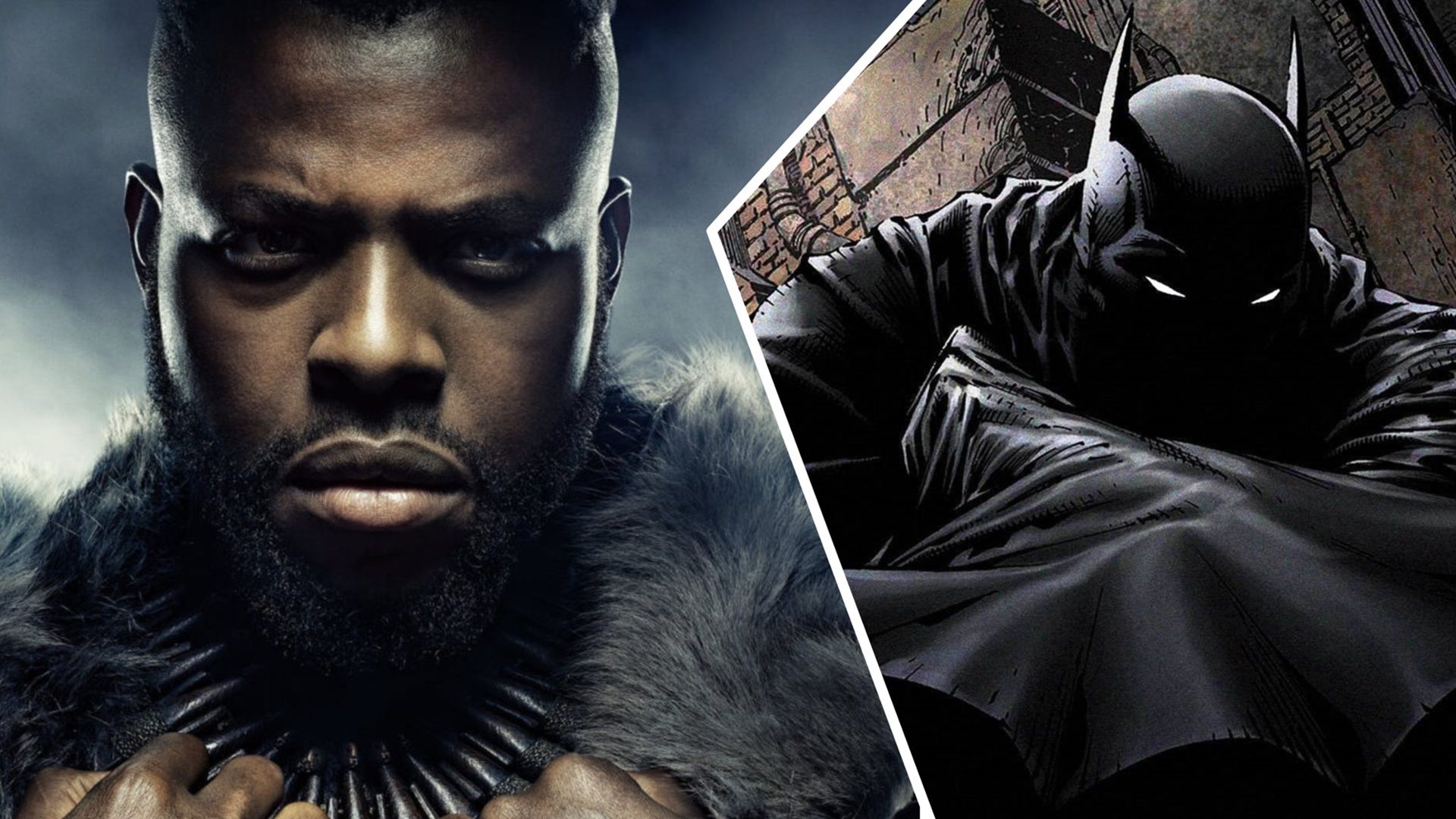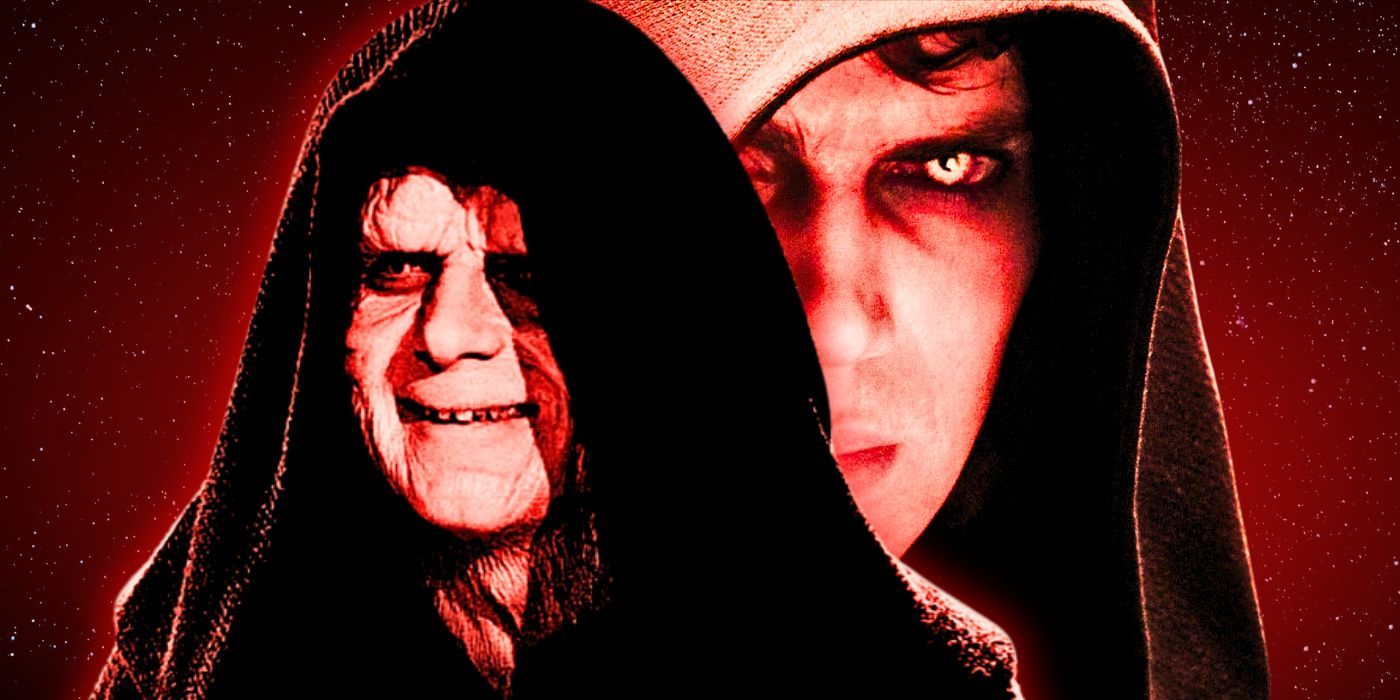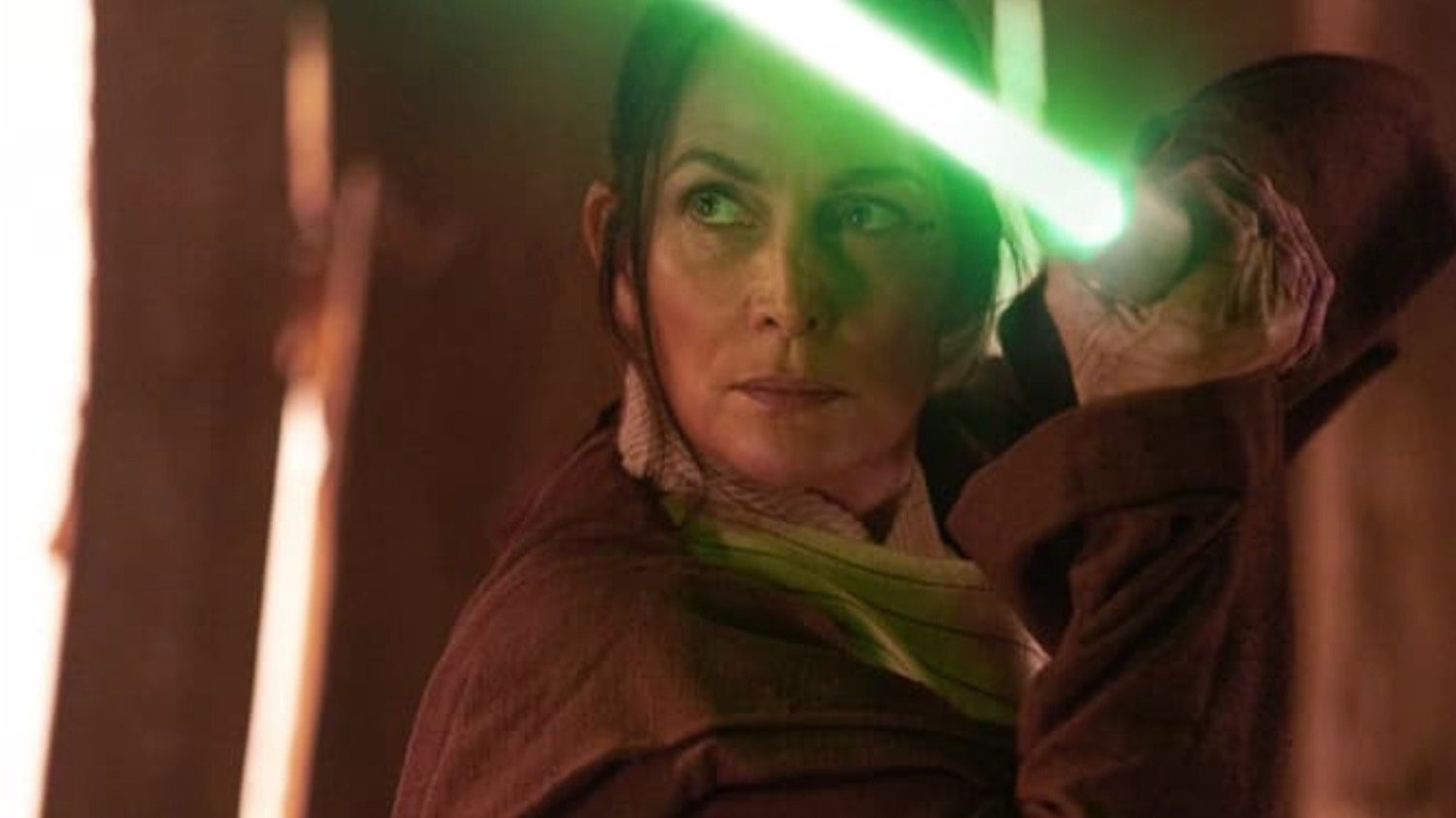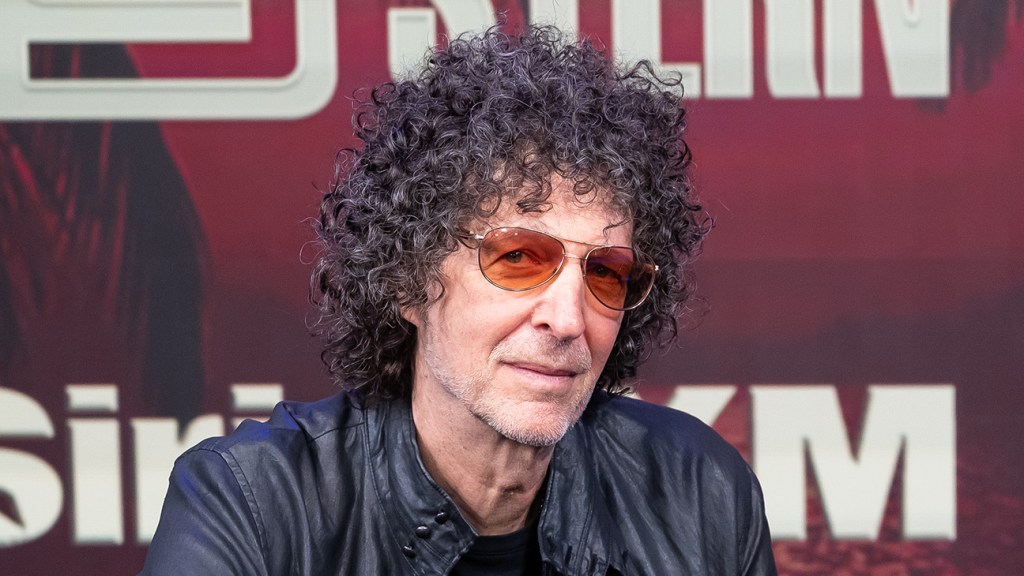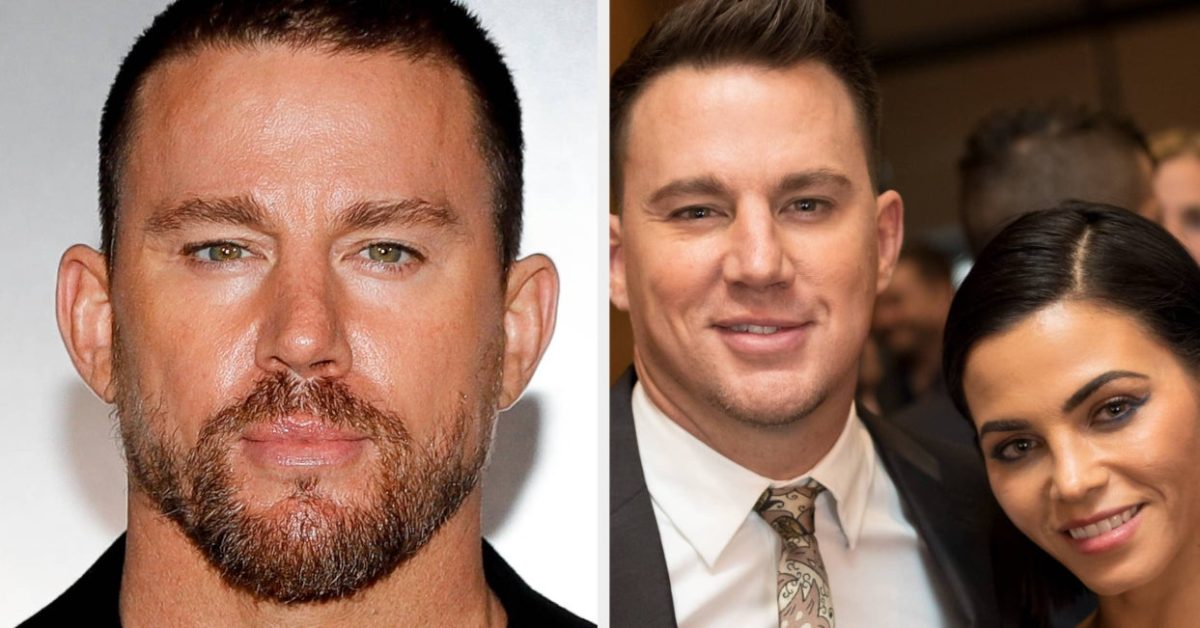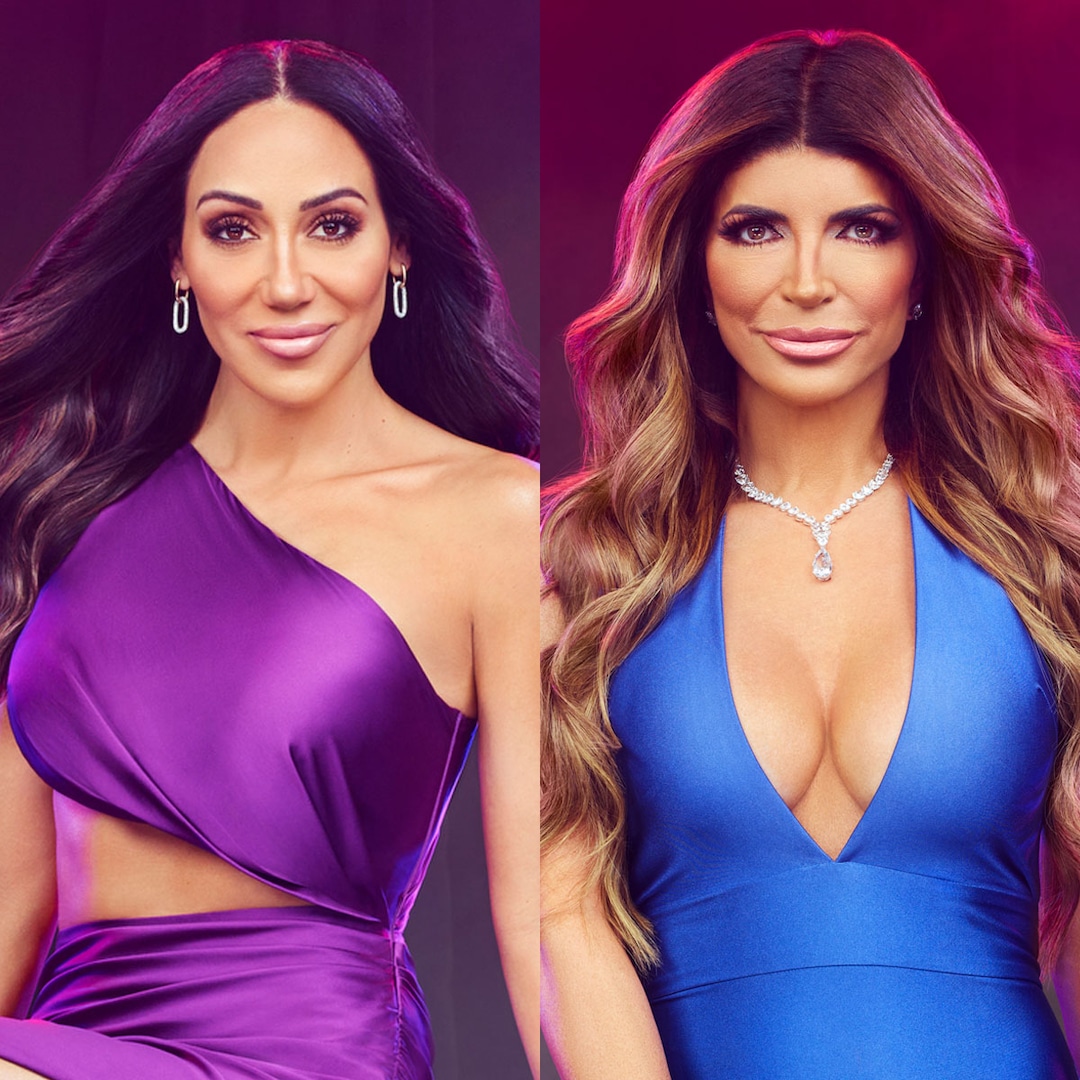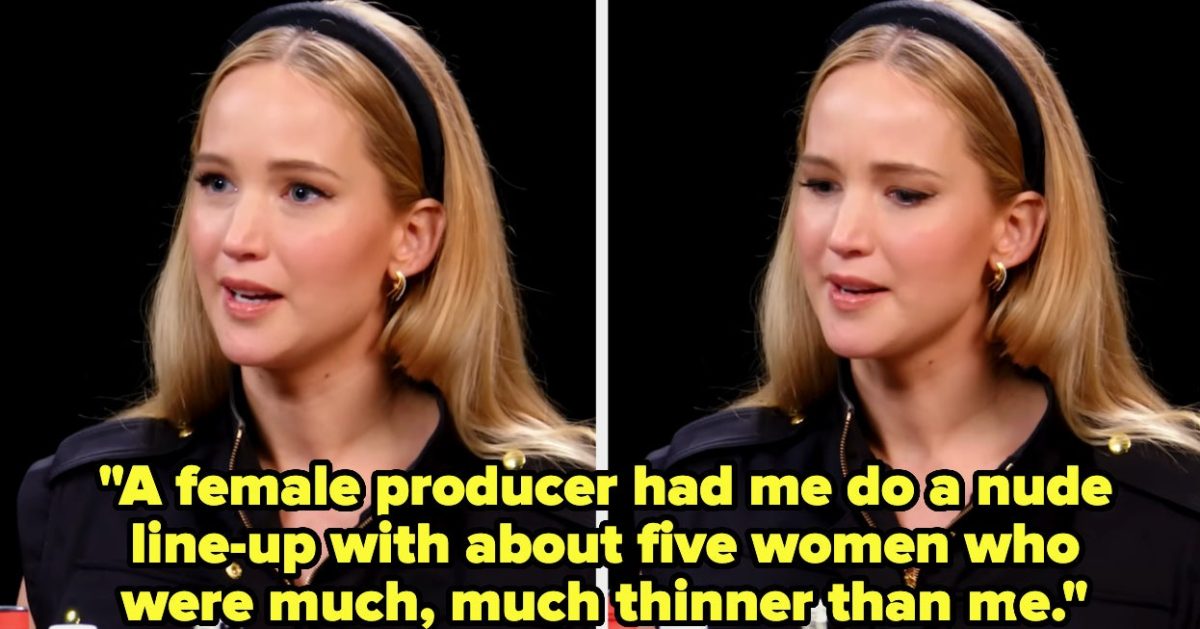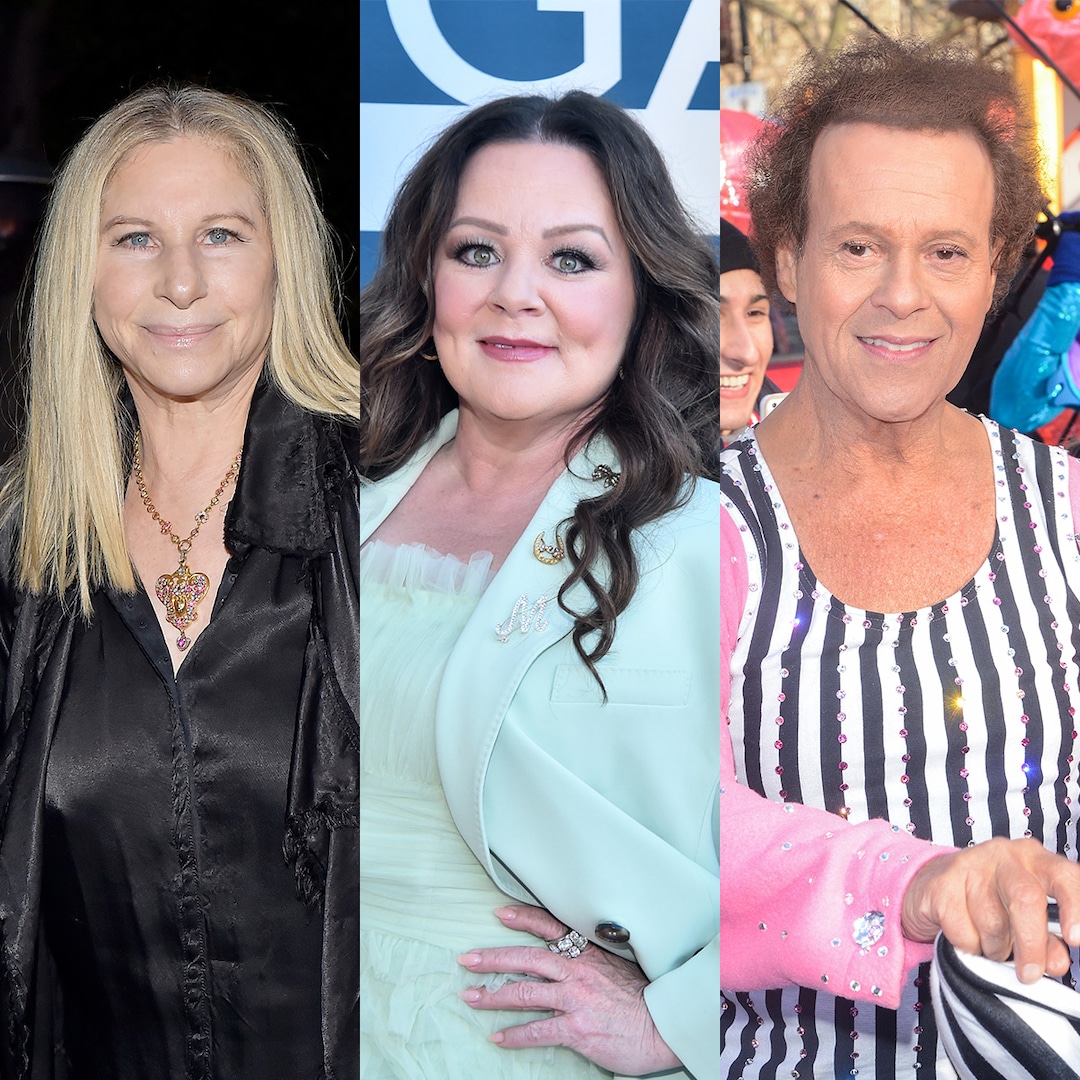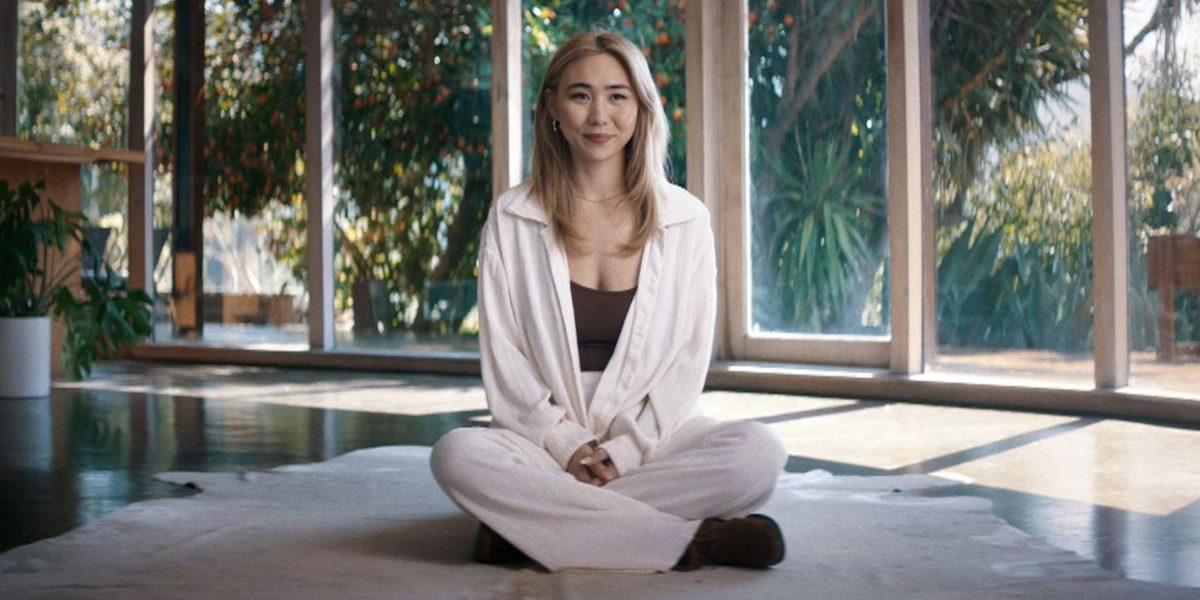
‘The Ringleader’ Director on Bling Ring Leader Rachel Lee Reclaiming Her Life
Oct 2, 2023
The Big Picture
The HBO Original documentary The Ringleader: The Case of the Bling Ring explores the motivations behind Rachel Lee and her group of friends breaking into celebrity homes and stealing from them. Rachel Lee, the supposed ringleader, had a need to be accepted and struggled with mental health issues and addiction, which shaped her actions. Filmmaker Erin Lee Carr, known for exploring the lives of complex women in her work, carefully crafted the documentary by conducting interviews and examining archival footage to present a comprehensive portrayal of Rachel’s story.
From Erin Lee Carr, the HBO Original documentary The Ringleader: The Case of the Bling Ring digs into what motivated Rachel Lee and a group of her friends to break into celebrity homes, including those belonging to Paris Hilton and Lindsay Lohan, in Hollywood in 2008 and 2009 to steal from them. Being branded as the mastermind and ringleader, this teenager from Calabasas who was driven by a need to be accepted and with mental health issues and addictions that reshaped her reality, is finally sharing her story, over 10 years and one prison sentence later.
During this 1-on-1 interview with Collider, Carr talked about her own obsession with the Bling Ring, why Rachel’s story is worth telling, how substance abuse can distance you from your values, what it was like to show Rachel the finished doc, her special skill of knowing when people are lying led her to call Rachel out for being less candid at times, feeling like she was put on earth to make documentaries, having a particular gift for exploring the lives of very complex women, and the scripted work she’s also currently juggling.
Collider: I was interested in this documentary because I remember when all this happened and I also did the junket for the Sofia Coppola movie, The Bling Ring, so I was familiar with the story. But this is also the first time I’ve had any exposure to who Rachel Lee is, as a person. Was it your idea to do a documentary about this case and to give Rachel this platform to let her own voice be heard? How did this happen?
ERIN LEE CARR: I have been lucky enough to be in a first look deal with HBO. This is my sixth film for HBO. Me and Sara Rodriguez, the VP of docs at HBO, were on the phone, and we were just like, “What’s a juicy case of the 2000s?” Sara uses that would “juicy.” And I was like, “Obviously, the Bling Ring.” So, I started looking into it, and there had not been a comprehensive doc. I started talking to some of the people involved and I was actually able to get Rachel’s phone number through somebody related to the Bling Ring, but it was a very big long shot. Rachel was like, “I don’t really wanna do anything. I’ve been able to really live an anonymous life. It just never felt right. I don’t really know. I’m not gonna do a documentary. If anything, I would do maybe a podcast where my voice is changed.” And I was like, “No, you’re not doing any of that. That’s horrible.” And so, it was her getting to know me and maybe getting exposed to a little bit of my films, where this is what I do for a living. I recontextualize and understand women’s stories, often in the criminal justice space, so I felt uniquely suited to really tell this story. It was really through very, very careful source work between Rachel and one of my producers and me, just working on this for a year and seeing if she was gonna do it.
Image via HBO
How much awareness did you have of the story, at the time it was happening? Did you go down the rabbit hole then, or was it something you only had a surface awareness of?
CARR: Three words – I was obsessed. Obviously. In Madison, Wisconsin, where I went to school, I stuffed some earrings into my bag and thought, “I’m so cool. I’m gonna have cool earrings.” And then, the buzzer went off, and being Irish Catholic pale, my face turned tomato red. A person working there was like, “Excuse me, do you have anything in your pocket?,” and I just freaked out. The person got called away and I was like, “Okay, I’m never doing that again.” That was one of the most horrific moments of my life, and I’ve had some horrific moments. I am an alcoholic. I was a crack baby. There has been some stuff. But the shame of stealing this thing had me thinking about this group of teenagers that went into these celebrity houses and did this, and it literally boggled my brain. And so, when we were having this discussion, I was like, “The Bling Ring, there’s probably stuff there.” I knew all the details. I think I’ve seen Sofia’s film five times. The soundtrack is on my Spotify. I don’t think they’re spiritually connected. I tried to do something quite different, but obviously Sofia is one of the greatest working directors that’s living. It potentially is in the spirit of it, but I wanted to do a documentary where we heard from the person that was the supposed ringleader.
What do you think it is that made Rachel’s story worth telling? Obviously, there’s the version of her that everybody wants to see her as, but why did you see something more interesting underneath that surface?
CARR: There are many interesting things. Something that was underreported was the fact that Rachel was a Korean American woman in a predominantly white society. Of course, that’s going to factor into things. As an alcoholic – I’m eight years in recovery – I really wondered if there was substance abuse related to it. I’m also obsessed with the concept of two people egging each other on. I remember reading the Dave Cullen book about the Columbine kids. It’s an extremely different case, but that book was a really formative book for me, in understanding crime and crime reporting, and the psychological studies about how it took both of them to do that act. Throughout history, there are people like Bonnie and Clyde, where it takes two people to really do it. That felt underreported to me, as did the codependency between Rachel and Nick [Prugo]. I just wanted to go into all these different things. It was like, “Oh, they’ve broken into these celebrity homes. They wanted the things that the celebrities had. This is a result of reality television.” Yes, all that is totally true, but it’s also all these other things.
Rachel does talk quite a bit about her addiction, and it’s interesting to hear you talk about your own addiction and recovery. Do you feel like it gives you an insight or an understanding into her behavior and her choices that someone who hasn’t experienced that might not understand? How hard is that to really convey to people who don’t know what that’s like?
CARR: Addiction often really finds its way into my work. I was able to write a memoir for Random House, where I talked about my struggle with substances. One of the things that I feel very clear on is that, when you’re an alcoholic or drug addict and you use, you get distance from your values. When you’re saying, “I’m not a cheater, I’m not a thief, I’m not somebody who hurts people,” this crazy thing happens with certain people. I know that I did bad stuff when I was an alcoholic, and it was important to me that I made my amends, but I was living outside of my value system. Now, as I sit here, eight years sober and fully in contact with my value system, that’s what I’m trying to explain to audiences. This person totally did it, but sometimes it’s almost like there’s this evil part of you that’s acting out of an id place and doing these things. It excuses nothing, but explains something.
Image via HBO
In situations like this, it’s often hard to tell how much of the emotion you see is because the person got caught and had to pay for their bad deeds, and how much is because they genuinely feel bad about what they did, whether they’d ever gotten caught or not. What impression did you get of Rachel, in that regard?
CARR: Rachel really felt ashamed, and she lived with that shame for a long time. She did a state prison sentence. She was sentenced to four years. She had one shoplifting thing previously on her record. It was pretty intense. Some pretty terrible stuff happened to her, with her family while she was in prison. She bore the consequences of her acts quite intensely. Rachel, to me, thought of herself as simple, but I see her as very complex. I’ve gotten to know her extremely well. During my third interview with her over six hours, there was a way for her to keep telling the same story where she wasn’t being truthful, but she finally let loose and she was truthful. That is what I have enormous respect for. I showed Rachel the film, two weeks ago while I was in L.A., and it was so nerve wracking. My dad, David Carr, who was an incredible journalist, when I was first making my first film, he was like, “Don’t be the person that pokes people in the eye and they’re surprised that you did that when a piece comes out.” My dad would never show any of the subjects his pieces in the Times ahead of time, but documentary is very different. He taught me a lot of things about journalism, and showing up for your work and backing it, so I always try to show people that have given me their time so enormously what the result is before it comes out.
You push back on some of what Rachel is saying, especially at times when it feels like she’s trying to gloss over something, or she’s maybe not being as truthful or reflective as she could be. Was that just a gut feeling?
CARR: I would say that I am fairly good at knowing when people are lying. I think that’s part of working in the criminal justice space, as a journalist. I was sitting with my romantic partner watching a doc series on a popular streamer, and there was this whole big story that the character told. Mal was like, “Wow, isn’t that so heart-wrenching?” And I was like, “That’s a lie. That whole story is a lie.” He was like, “What do you mean?” I was like, “Look at these four factors.” He was like, “What do you mean, four factors? What are you talking about? Are you sitting here analyzing whether everyone is being truthful?” And I was like, “Of course, I am.” It makes me really fun to date. That’s one of my secret skill sets. I was interviewing a cybersecurity expert the other day for a new thing I’m working on and they were like, “You probably would have been a good field officer for the FBI.” And I was like, “I love to be on the internet, so I would not have been.” But I like having this special skill set where I’m tipped off to the deception.
You’re telling Rachel’s story in this, but she is obviously not the only player in everything that happened. How did you approach figuring out how to portray the other members of the Bling Ring, when they’re not there speaking for themselves? Particularly with Nick, you have Rachel’s point of view, but you also have his former friend. How did you figure out how you wanted to shape who he was in all of this?
CARR: I really carefully studied Nick’s interview on Good Morning America, and he’s subsequently given many interviews. The things that he had to say, particularly contemporaneously, which I found to be very useful, was all in archive. One of the great things about doing this almost a decade-plus later is that you have people’s contemporaneous version of what the story is. I’ve spoken with Alexis [Neiers] a lot before, and my producer spoke with Nick. Ultimately, there was a decision to keep it rooted in a complex character study of this person, but also include the other perspectives from an archive. Alexis really was not that involved in the Bling Ring. There’s that incredible call with Nancy Jo Sales, which is probably one of my favorite things of anything I’ve ever done. Thank God for (journalist) Amy Kaufman, for going through that thing. She was like, “Erin, why did I go through that whole story?” And I was like, “It was the best. You totally made that part of the story.” I love working with journalists. I love featuring journalists. That’s very much a part of like what I do in films. I just felt like there were certain really reported aspects of the story because this was a huge story, and then there were the underreported aspects of it.
Image via HBO
From Michelle Carter to Britney Spears to Rachel Lee, you’ve delved into some pretty complicated women. What’s it been like for you to explore these women who have really found themselves in the glaring spotlight for very different reasons? How have you found the experience of examining their stories in the way that you have?
CARR: My first film was about a man, the cannibal cop, and when that film came out, he really hated it and I felt scared. I didn’t think that he was gonna do anything to me, but it was more about what he was gonna say. My father had just died and I was in this pretty vulnerable position, and I was like, “I’m not making films about men again. I’m not. I’m just not.” But then, out of this sad thing, I became this person that did films about women. It was Gypsy Rose in Mommy Dead and Dearest, Michelle Carter in I Love You, Now Die, Sonja Farak in How to Fix a Drug Scandal, Fahmi Quadir in Dirty Money, Britney Spears in Britney vs. Spears, and Kim Wall. I just got on a beat and I was like, “I love doing this, and I love being known to do this.” That’s often the experience of young journalists, sometimes being a little bit intimidated, but ultimately it led me on this great exploration that is why I’m put on earth as a person. I definitely feel that.
You talked about how you’re working on another project now. Do you have a clear sense of what you’re doing next? Are there always other documentaries waiting in the wings? Do you just never stop?
CARR: My family had an intervention once, where they were like, “You need to stop. You’re insane.” I stack projects. I usually have about six projects where I have fishing poles out to see what comes back. I have a two-parter that’s about a juicy Minnesotan crime, coming out next year for HBO. And then, I have two docs for Hulu that I’m actively working on right now, that I think are gonna be incredible. And then, I’m working on the scripted adaptation of the Murdoch murders, which is very rooted in the male experience, but I do finally feel ready to do that and especially lucky to do that with people that really know what they’re doing. That’s scripted. It’s not a doc, so I feel better about that.
Do you want to direct narrative features, or are you solely focused on documentaries?
CARR: I really do feel I was put on earth to make documentaries. I’m in a flow state when I’m doing it. But 10 years ago, you would never have a doc filmmaker who was offered a scripted deal with a studio, like I was given. I’m working on a show that we sold to Hulu, as a co-creator. Yes, I’m very interested in doing what I’m really good at, but also breaking the glass ceiling and being a part of something that pushes people like me and the people that come after me forward. I think that I will always continue to make documentaries, but I’m also interested in how my skills as a journalist and faux FBI agent and a storyteller can translate to other mediums. I’ve just gotta stay healthy while I’m doing it. That will be the trick.
Image via HBO
What do you hope audiences take away from this documentary? What do you hope they take from seeing who Rachel is, in a way that we haven’t seen who Rachel is before?
CARR: I’m gonna be annoying and say that I never answer that question. I spent so many years working on this and I just wanna put it in people’s hands, so they can decide what they think of Rachel and how they feel about it. I think Kim Wall was very different because of the subject matter. But with this, I gave you all the evidence, so now you can decide. I like to hold back my cards a little bit.
I don’t think that’s an annoying answer. That’s just your answer for what you hope audiences take from seeing this doc.
CARR: Yeah.
The Ringleader: The Case of the Bling Ring is available to stream at Max.
Publisher: Source link
Channing Tatum Not Happy About Jenna Dewan Legal Battle
Channing Tatum Not Happy About Jenna Dewan Legal Battle Back in 2019, Channing and Jenna were declared legally single after separating the previous year. They were married for a decade and share one child, Everly, who was born in 2013.…
May 3, 2024
How RHONJ’s Melissa Feels About Keeping Distance From Teresa
Though the new season hasn't even debuted, Melissa indicated she's already excited about the reunion. "There's so much that needs to come out, and that's the place to do it," she said. "I mean, there's so many rumors and things…
May 3, 2024
15 Nightmare Audition Experiences Actors Shared
She said that, at a film festival several years down the road, a drunk producer told her, "Oh, Thandie, I've seen you recently!" She said, "And he lurched away, looking really shocked that he'd said that."Her husband, Ol Parker, spoke to…
May 2, 2024
Richard Simmons Defends Melissa McCarthy After Ozempic Comments
Ozempic is no laughing matter for the comedian. Handler revealed her "anti-aging doctor" prescribed her the medication without realizing what the drug was. "I didn't even know I was on it," she said during the Jan. 25, 2023 episode of Call…
May 2, 2024
